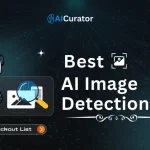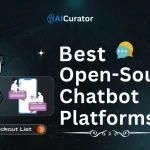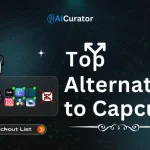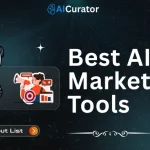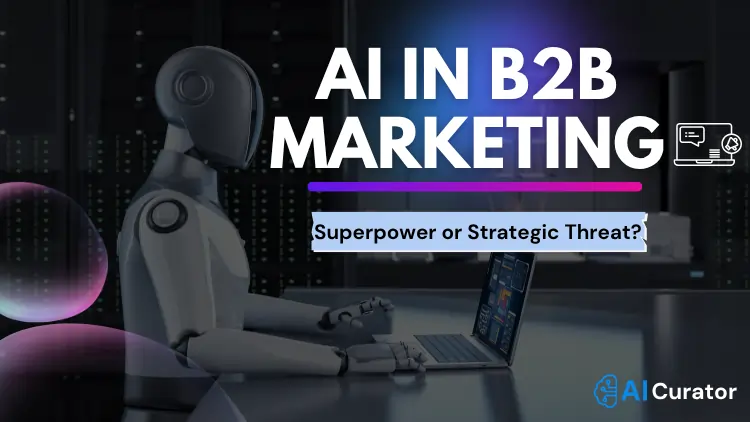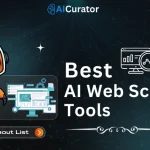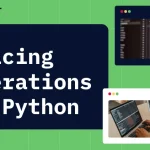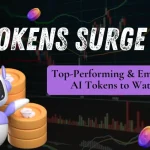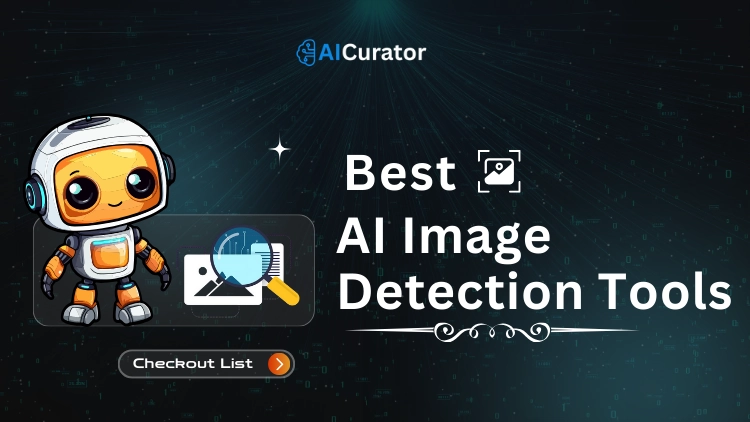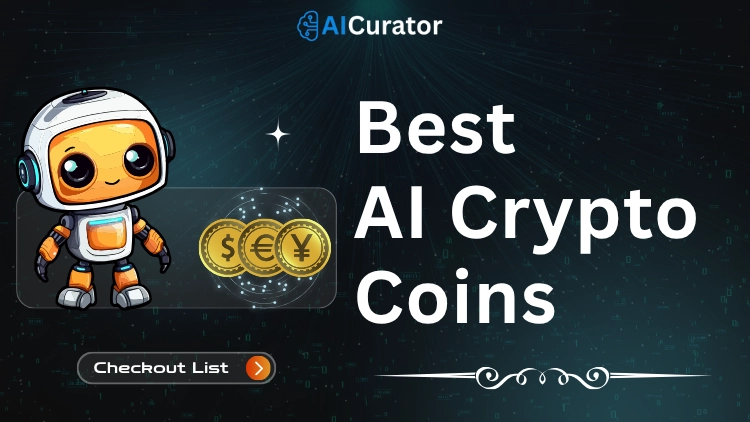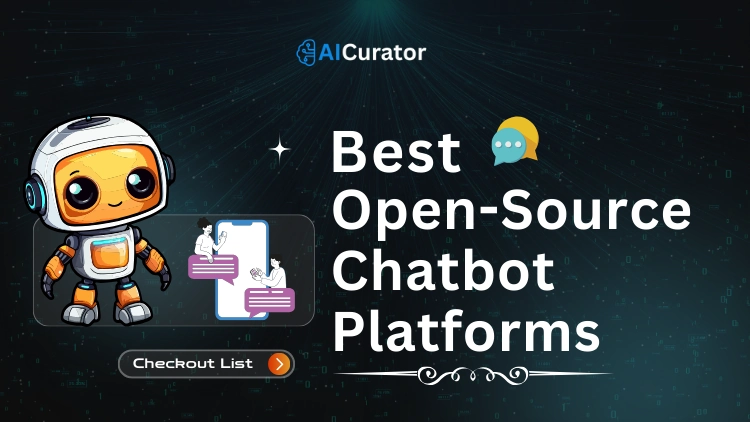Your marketing budget just got slashed again. Meanwhile, that startup down the hall tripled their pipeline using some mysterious “smart algorithms.” Welcome to the AI in B2B Marketing reality check—where 71% of marketers are already banking wins through predictive analytics and hyper-personalization, while others still debate whether chatbots count as “real AI.”
Here's the thing:
This isn't about robots stealing jobs anymore. It's about who adapts fastest to automated lead scoring, content optimization, and behavioral targeting before their competitors do.
The skills gap is widening daily, and fence-sitting just became a luxury nobody can afford.
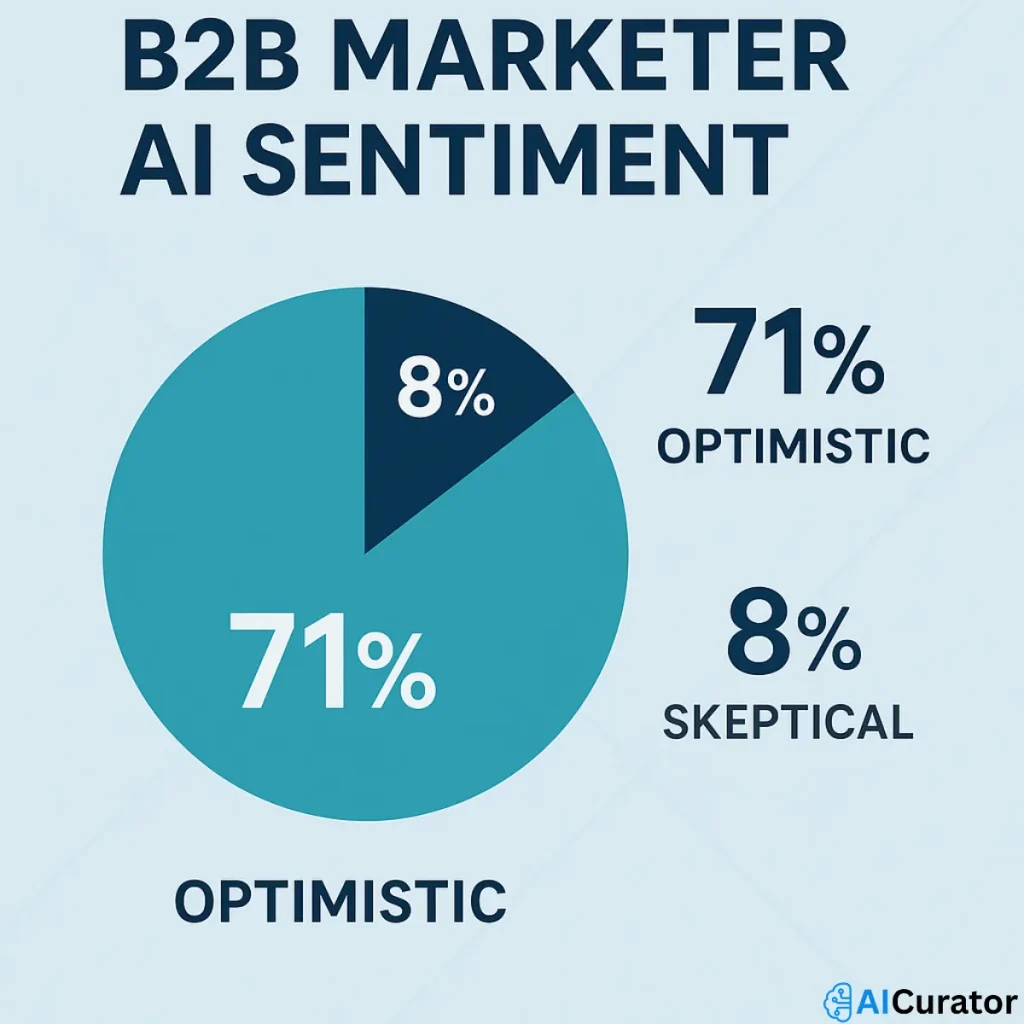
📌 Key Takeaways
💼 The Vibe in B2B: Mostly Sunny with a Chance of Scepticism
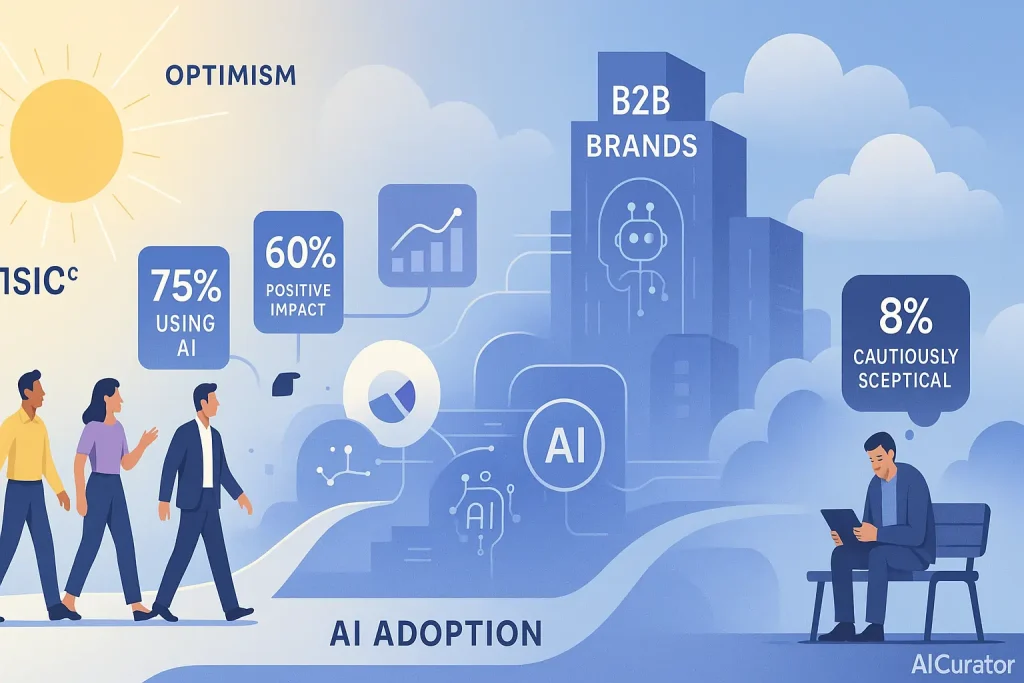
If you're feeling positive about AI's potential, you're in good company. A massive 71% of B2B marketers describe themselves as “somewhat optimistic” or “very optimistic” about AI's future in the industry. Another study found that 60% view the adoption of AI in marketing as a positive development.
This isn't just wishful thinking. AI has moved from the experimental phase to everyday execution. Around 75% of B2B marketers are already using AI tools in their workflows, and two-thirds of B2B organisations have integrated AI into their marketing processes.
Only a small fraction, about 8%, remain cautiously sceptical. The data is clear: AI isn't a passing trend; it's becoming a foundational part of the B2B marketing machine.
🤖📈 What is AI Actually Doing for B2B Marketers?
AI's influence is widespread, automating tedious tasks and unlocking new strategic possibilities. Marketers are seeing real, measurable benefits, including a reduction in mundane work (51%), more efficient workflows (45%), and a notable boost in creativity (38%).
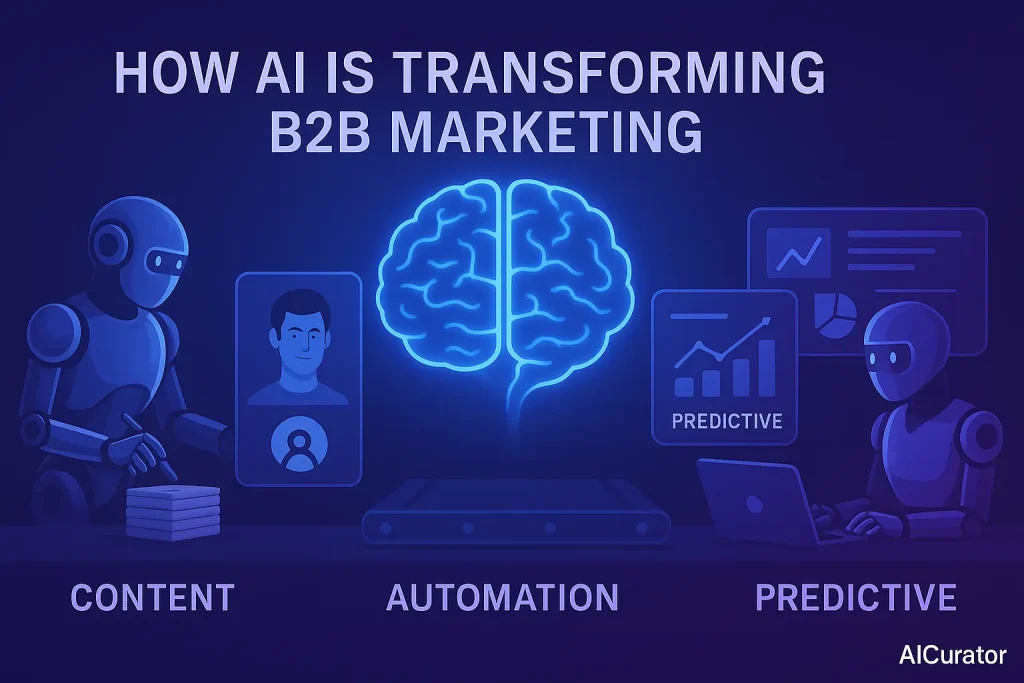
Some businesses have even reported a 20% improvement in conversion rates after implementing AI-powered strategies. Here’s where AI is making the biggest impact:
🎯 Content Creation & Optimisation
This is the most common use case, with 52% of B2B marketers using AI for content. Tools like Surfer AI and Jasper help teams go from an idea to a full article draft in minutes, handling research and SEO structuring along the way. The main benefit is efficiency, with over 70% of marketers stating AI helps them produce more content, faster.
⚡ Hyper-Personalisation and Targeting
Personalisation is no longer a “nice-to-have.” A staggering 71% of customers now expect it. AI is the engine that makes this possible at scale. Targeting is the top use case for AI in B2B marketing, with 40% of marketers using it to pinpoint the right audiences. AI algorithms analyse customer data, engagement patterns, and buying histories to deliver tailored messages and content, significantly boosting open rates and conversions.
🔄 Process Automation
There’s a massive opportunity in automation. While 45% of marketers believe it can help them reach their goals, only 33% have actually budgeted for it, indicating a gap between recognized potential and active investment. AI automates everything from lead generation and nurturing to scheduling social media posts. For example, HubSpot reports that its AI tools can save marketers up to 2.5 hours every single day, freeing them up for high-impact strategic work.
🔮 Data Analysis and Predictive Insights
B2B marketers are using AI to analyse large datasets and predict customer behaviour. AI-powered predictive analytics can forecast sales outcomes, identify high-potential deals, and flag at-risk customers, allowing teams to be proactive. This data-driven approach is becoming table stakes for modern marketing organisations.
💻 Coding and Tool Development
Surprisingly, coding is the second most popular use of AI among B2B marketers, at 39%. Marketers with little to no coding experience are using AI to build internal tools and applications that would have previously taken developers weeks or months to create. This democratisation of development is turning marketers into part-time coders, capable of building their own solutions to unique problems.
The Big Question: Will an Algorithm Take My Job❓
Let’s tackle this head-on. Job anxiety caused by AI is a real concern for 18% of marketers. The answer to the job security question isn't a simple “yes” or “no.” It’s about adaptation.
The biggest long-term impact of AI is job transformation. The tasks that define a marketing role are changing. In fact, 16% of marketers already see AI directly altering their job requirements. The danger isn't that AI will make marketers obsolete, but that marketers who refuse to adapt will be left behind by those who do.
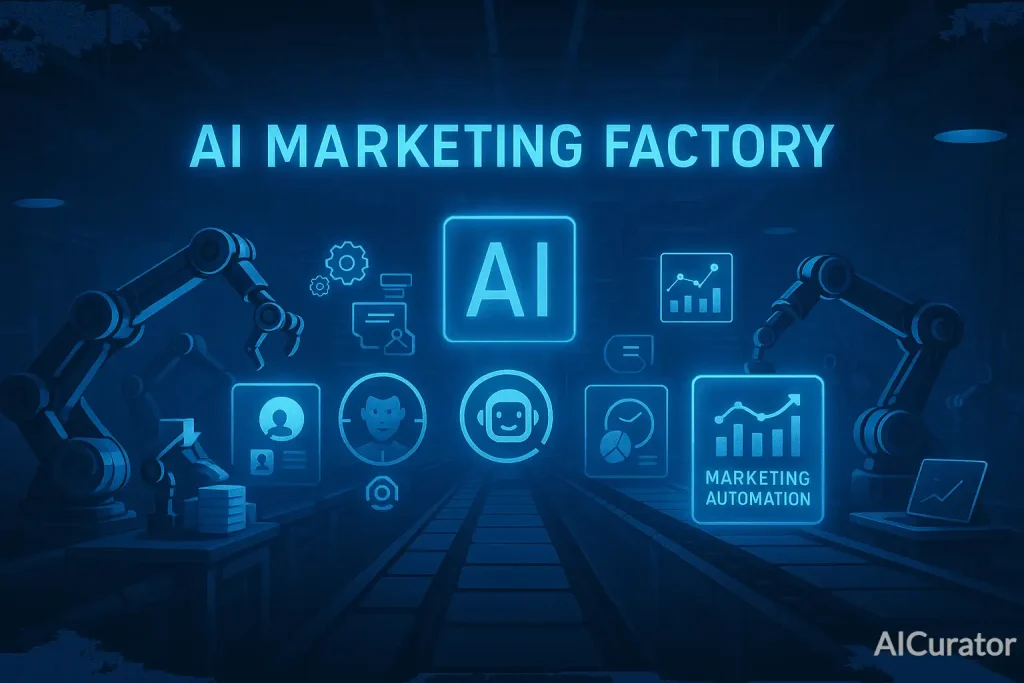
The B2B marketer of tomorrow will use AI as naturally as we use Google Docs or Excel today. The primary obstacle isn't the technology itself; it's the skills gap. After data quality, the lack of employee skills is the second biggest challenge for organisations trying to implement AI. If you want to remain relevant, the path forward is clear: start learning.
🤖 How to Evolve into an AI-Powered Marketer
Think of AI not as a replacement, but as a superpower. It's a toolset that allows you to achieve more with less effort. Here's how to start building your skills and staying ahead of the curve.
- Embrace Curiosity: Experiment with different AI tools, even if they aren't perfect yet. Use them for brainstorming, asking for counterarguments to your ideas, or conducting deep research in a fraction of the time.
- Master New Workflows:
- Image Generation: Say goodbye to generic stock photos. AI image generators can create unique, brand-aligned visuals for your campaigns.
- Copywriting: Use AI to generate strong first drafts for emails, ads, and social posts. The key is to provide detailed prompts and always add a final human touch for quality and brand voice.
- Content Repurposing: Use AI tools to transform existing high-performing content into new formats, like turning a blog post into a video script or a series of social media updates.
- Balance Automation with Humanity: Over-relying on automation can make your marketing feel transactional and impersonal, which is a major risk in relationship-driven B2B sales. The human element—empathy, strategic thinking, and genuine connection—will always be your competitive advantage. Marketers and consumers agree that a final human touch is essential.
🚀 What's on the Horizon for AI in B2B Marketing?
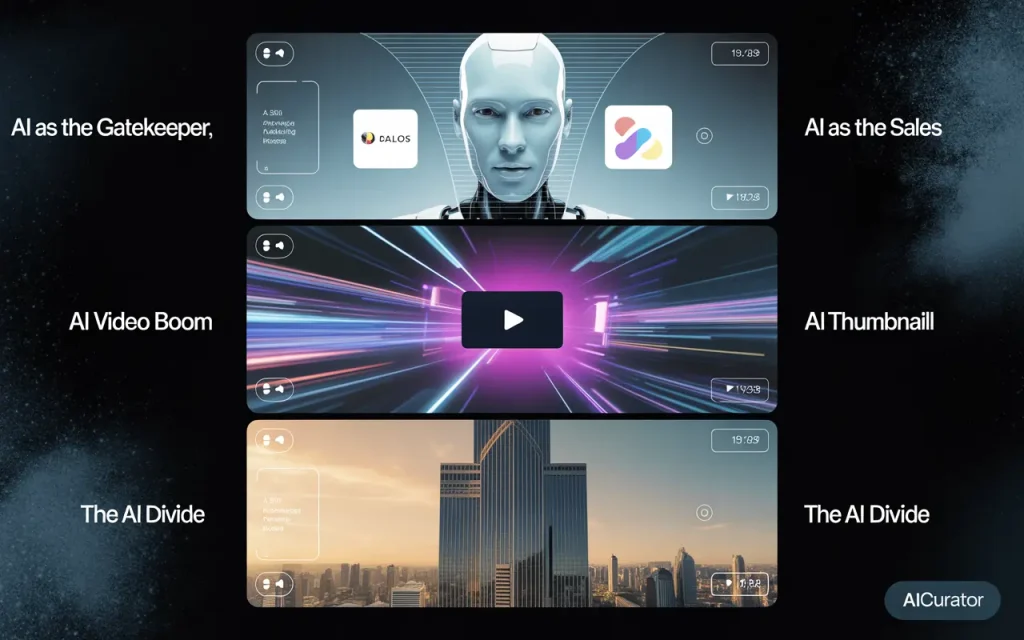
The integration of AI is only set to deepen, bringing new challenges and opportunities.
✅ AI as the New Gatekeeper
The B2B buyer's journey is being reshaped. AI tools like Google’s AI Overviews are now acting as active evaluators, creating shortlists and summaries for buyers before they even click on a website. This means your brand's reputation is being shaped by AI. If an AI doesn't understand or endorse your brand, you risk becoming invisible.
🎬 The Rise of AI-Generated Video
While video generation has seen low adoption so far (only 8%), it's expected to explode in the near future with the arrival of powerful models like Google Veo. Soon, creating professional-looking video content could be as easy as writing a prompt.
🤔 A Widening Competitive Gap
Currently, larger companies with bigger budgets are leading the charge in AI adoption. This creates a “rich get richer” dynamic, where early adopters gain a significant competitive advantage. For smaller or more hesitant organisations, the time to experiment is over. Delaying AI adoption is no longer a neutral choice; it's a strategic risk.
Conclusion
So, how should B2B marketers feel about AI? The most pragmatic stance is one of cautious optimism combined with a strong sense of urgency. AI is not a magic bullet, nor is it a job-destroying monster. It is a powerful amplifier.
The marketers who will thrive in this new era are not the ones who fear AI, but the ones who master it. By blending AI's incredible efficiency with uniquely human creativity, strategic insight, and emotional intelligence, you won't just keep your job—you'll redefine it. The future belongs to the superpowered marketer, so it's time to start building your new skillset.


